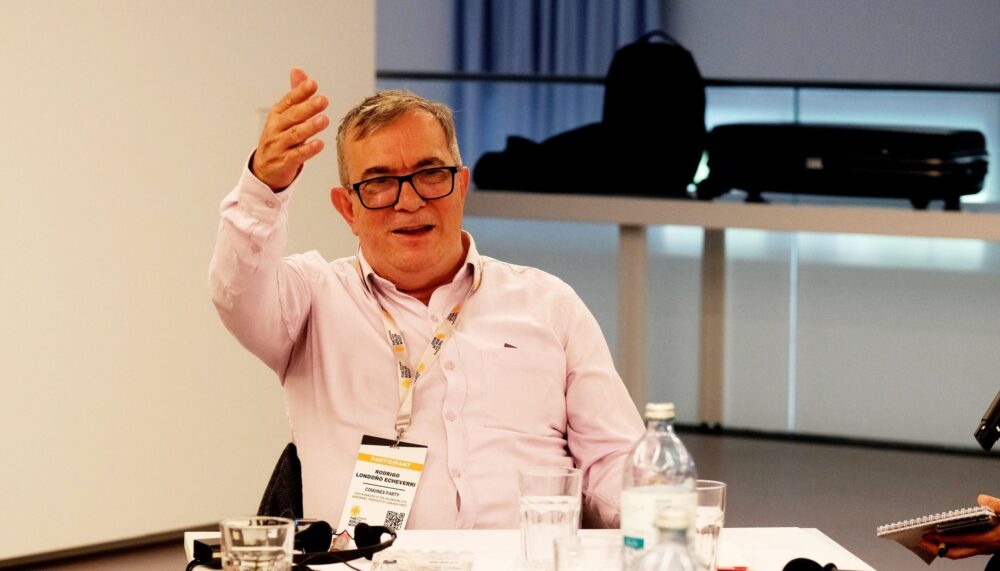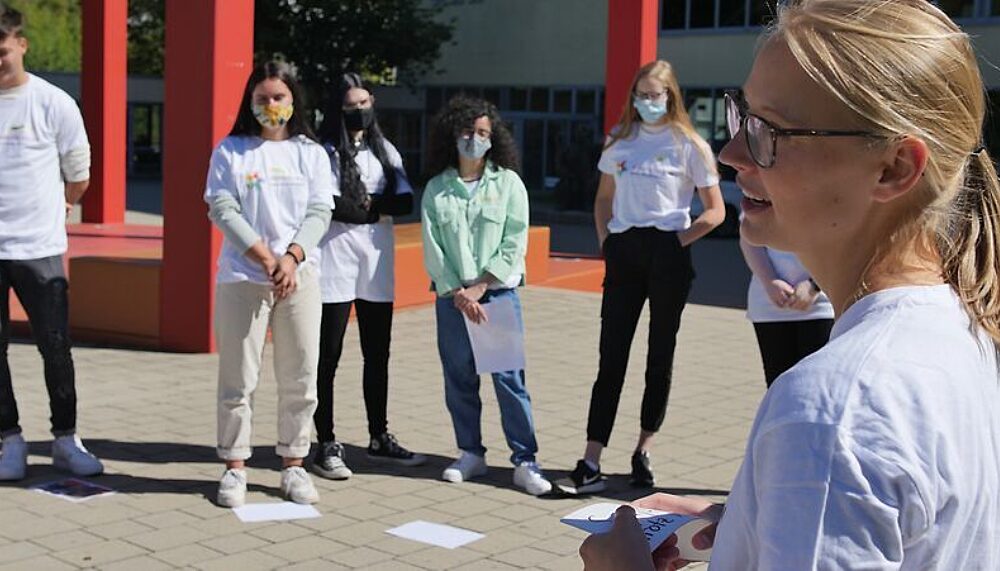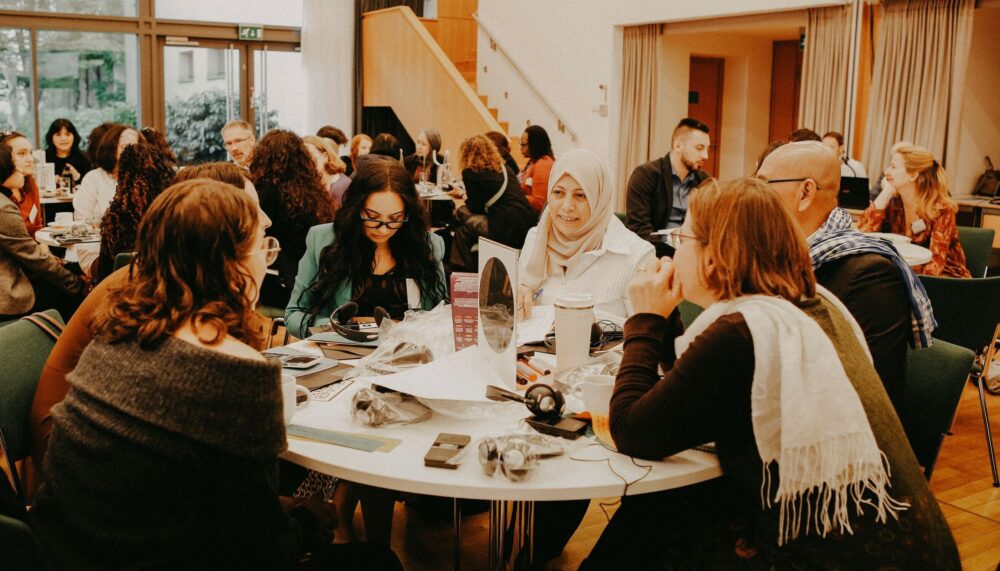FEATURE | 27 Sept 2024
“Our agreement laid the groundwork for lasting peace”
Interview with Colombian politician Rodrigo Londoño Echeverri at The Berlin Moot

Rodrigo Londoño Echeverri, Colombian politician and last commander of the FARC, spoke with us at The Berlin Moot about his experiences and peace in the country.
Despite the signing of a peace agreement between the Colombian government and the FARC guerrilla group in 2016, human rights violations in the country have continued to rise, perpetrated by both armed groups and public security forces. The mass displacement of rural farmers, indigenous people, and Afro-Colombians, along with high levels of poverty, also remain to be serious concerns in Colombia.
Rodrigo Londoño Echeverri, high signatory of the 2016 Colombian peace agreement and former leader of the FARC, now serves as President of the Comunes Party. He has been deeply involved in Colombian politics and efforts to achieve peace in the country. At The Berlin Moot, we spoke with him about the prospects for peace in Colombia, the resilience of its people, and the next steps needed to secure a lasting peace agreement. Watch the interview or read his insights below.
Berghof Foundation: What was your experience transitioning from being a combatant to a politician? What was your biggest struggle?
Rodrigo Londoño Echeverri: Well, the experience has been interesting because it represents a radical shift in how political objectives are pursued. I joined the FARC with a dream of achieving change and social justice. At the age of 57, I signed the peace agreement with the Colombian government as the head of the FARC. We made this transition with many fears and expectations because we knew that simply signing the peace agreement would not radically change political violence that Colombia was facing. There are still people in power, primarily from the far-right, who have never given up the idea of eliminating their adversaries. So, that fear has always been there, but I think we have been overcoming it and are slowly gaining space and acceptance within Colombian society.
Another worrying concern was our acceptance within society. After such a long period of armed struggle and protracted conflict, we were stigmatised. And that had an impact. But, ultimately, we managed to gain acceptance within Colombian society.
BF: In this difficult process, was there anything in particular that helped you?
RLE: I believe the pain of the victims played a crucial role in the negotiations. Our engagement with the victims throughout the process provided both an element of encouragement and the strength to overcome obstacles and to keep moving forward without turning back.
BF: What made the signing of the peace agreement in 2016 successful?
RLE: We were always fearful as we were dealing with people in power who had a history of reneging on agreements with other insurgent movements. For instance, we had an agreement with the Colombian state under President Belisario Betancur that was not honoured; there were often agreements with popular movements, peasant movements, and workers’ movement that were not upheld.
How could we build an agreement so it would be guaranteed that it would not happen again this time? First of all, we managed to have the agreement included as part of the Colombian Constitutional Block and recognised as an official document by the United Nations Security Council. While this in itself does not guarantee success, it gave us the tools to fight back and take the necessary legal measures in case of non-compliance.
BF: How is the implementation process of the peace agreement progressing in Colombia?
RLE: It has not been easy, given that we are dealing with people in power who have historically failed to be compliant. President Santos, with whom we signed the agreement, planned the negotiation very well, but there was nothing planned in terms of implementation. From day one, we have faced difficulties. But from day one, we have also felt the collective efforts of men and women who supported the signing of the peace agreement. Despite these challenges, we are still here, standing firm, using any instrument and tool available to ensure that the agreement is implemented and not torn apart.
After Santos, President Duque came into power with the intent of dismantling the agreement, but we managed to secure support from a significant portion of Colombian society, as well as the international community, which is worth highlighting. Despite four years of Duque's government, the agreement remained intact. It has not been easy, but this year we are beginning to see the light at the end of the tunnel.
BF: How do you see the future of peace in Colombia?
RLE: It is complicated, but I remain optimistic. There is growing awareness, and our agreement laid the groundwork for lasting peace. While we have not fully experienced its positive effects yet, I believe progress has been made and the government is applying the lessons they have learned. I believe there is a positive atmosphere for working towards peace, despite opposition from certain sectors in Colombia.
Media contact
You can reach the press team at:
+49 (0) 177 7052758
email hidden; JavaScript is required


